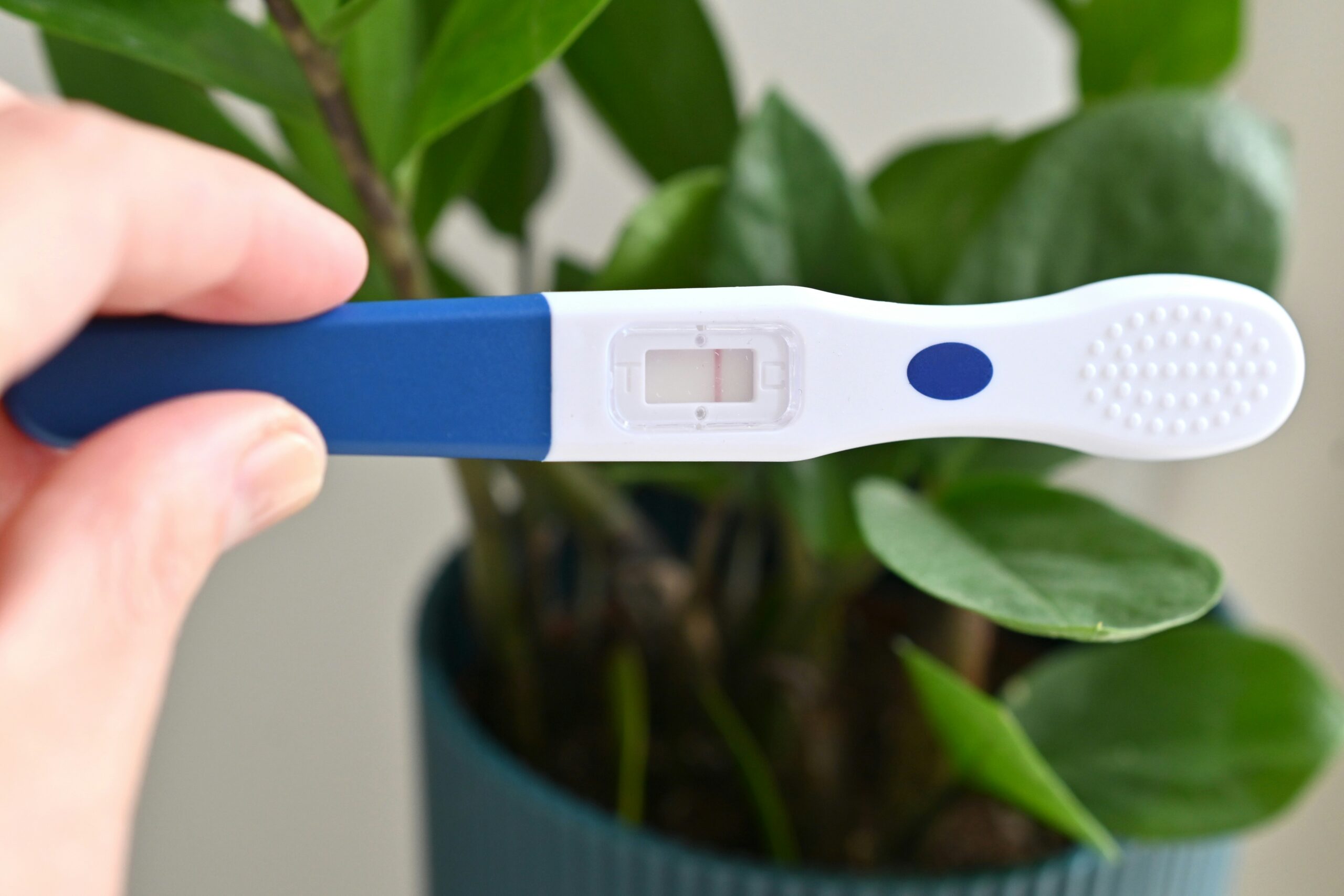The doctor’s words echoed in the sterile exam room, bouncing off the white walls and landing heavily in my gut: “RH negative.” It felt like a foreign language, a new hurdle in the already painful reality of my miscarriage. Back then, even the concept of blood types was lost on me, let alone understanding how this would affect my future pregnancies.
He explained that my rare blood type, possessed by less than 10 percent of the world’s population, could potentially cause complications during pregnancy. The baby’s blood type might not be compatible with mine, leading to a dangerous situation even in the midst of a miscarriage.
This revelation added another layer of confusion to the overwhelming grief. Here I was, mourning the loss of a tiny life I’d barely known existed, and now I was burdened with the question—was this somehow my fault? Was my body, with its unusual blood type, the reason my baby couldn’t survive?
The doctor assured me the chances were slim, but the seed of doubt had already been planted. Guilt took root, a poisonous vine that would continue to coil around my heart with each subsequent miscarriage.
He prescribed a shot called RhoGAM, a medical marvel that helps prevent the development of antibodies in my body. These antibodies could attack future babies with a different blood type. Here, amidst the crushing despair, was a beacon of hope, a chance to ensure future pregnancies wouldn’t be sabotaged by my own immune system.
The act of receiving the shot was a blur. Paperwork signed, a prick in the arm, and then I was alone with the crushing weight of loss and the newly blossoming fear of what the future held.
The next miscarriage brought a new set of anxieties. This doctor, different from the first, simply instructed me to call the local hospital and schedule a RhoGAM shot. The phone call was curt, devoid of empathy. “Just swing by the lab anytime,” the voice on the other end stated.
“Anytime?” I echoed, the hollowness of the phrase mirroring the emptiness inside me. Didn’t this deserve some sort of appointment, a dedicated space to acknowledge the loss and the medical necessity that followed?
At the lab, the experience was equally impersonal. My name, my birthday, a shot administered in the hallway—a sterile efficiency that felt like a slap in the face. No warm words, no recognition of the grief I carried. Just another body, another miscarriage, another RhoGAM shot.
This sterile, dismissive approach was a constant theme. It made the already excruciating emotional pain even more isolating. These weren’t just miscarriages; they were shattered dreams, broken hopes, and a future that felt increasingly uncertain. But to the medical professionals, it was just another statistic—”another day, another RhoGAM shot.”
The impersonal nature of the whole process left me feeling like my loss was insignificant, a mere blip on the medical radar. It wasn’t until much later, after the joy of holding my twins, that I could truly appreciate the miracle of RhoGAM. Without it, my body could have built defenses against future pregnancies with a different blood type, like the one my precious twins carried.
The fear of needles, a seemingly trivial phobia, became amplified in the wake of loss. Each prick felt like a cruel reminder of my body’s failures. The logical part of me understood the shot’s purpose, yet another part, the grieving part, couldn’t shake the feeling of punishment. Punishment for what, I didn’t know, but the emotional sting was undeniable.
Looking back, it’s clear that the emotional support I received during those early losses was sorely lacking. The medical system, focused on efficiency and procedure, neglected the very real human cost of miscarriage.
Thankfully, resources like Miscarriage Movement are changing the narrative. By sharing stories, we break the silence and remind ourselves that we are not alone. We are not just statistics, but women experiencing a profound loss.
My journey with miscarriage, colored by my rare blood type, has been an emotional roller coaster. But amidst the grief, there is a flicker of gratitude for the miracle of science that is RhoGAM. And an even stronger gratitude for the power of shared stories, for they remind us that in the face of loss, we are not alone.
Author
-

Victoria Grace is a full-time photographer who wishes she was a writer - so when she gets to write she focuses on sharing her personal accomplishments and struggles with authenticity. When she's not working or writing you can find her deep in the trenches of twin motherhood, travelling when she's able, or most likely at a local Mexican restaurant sharing a bowl of queso with her twins & Nick.
View all posts





